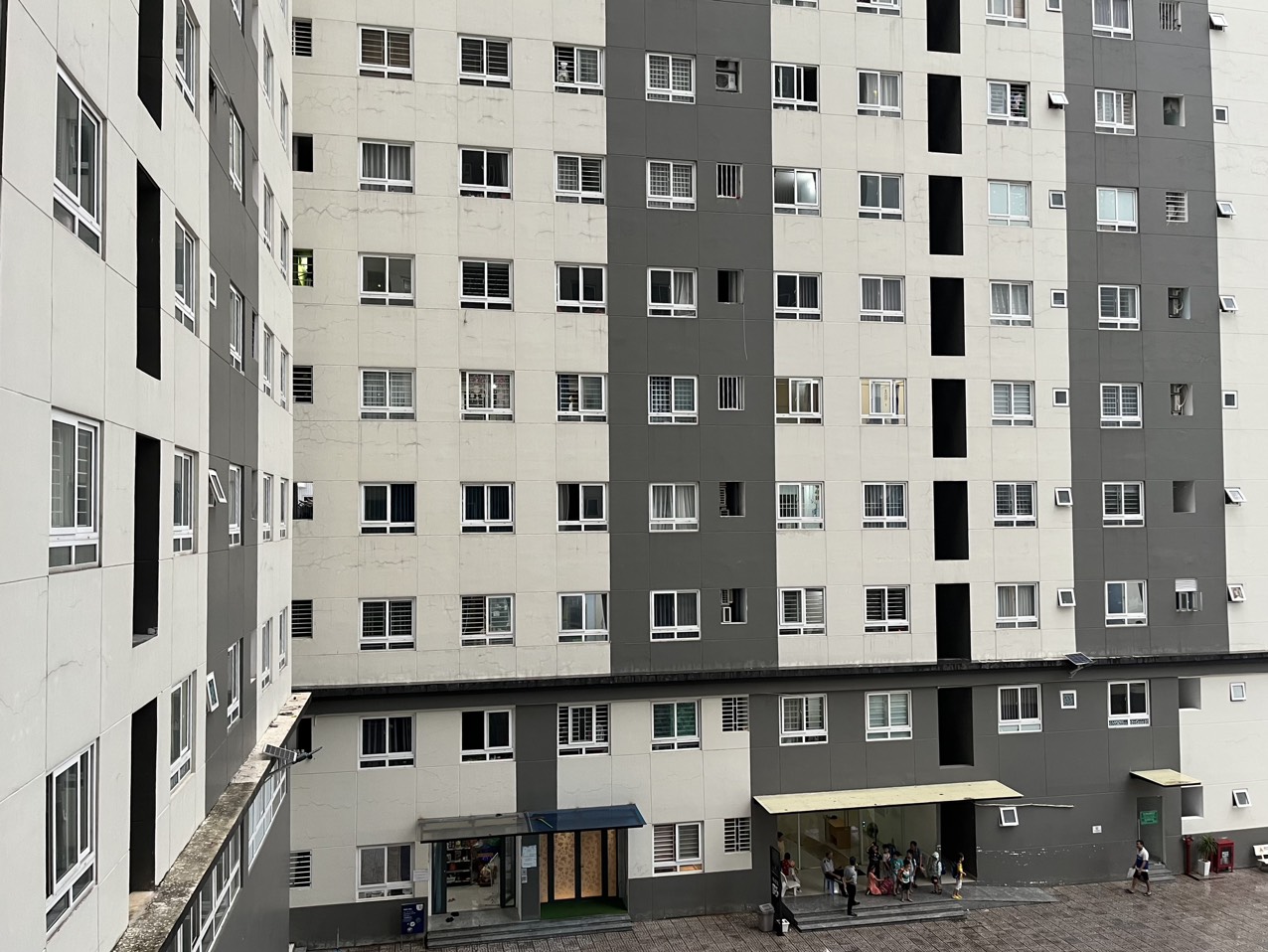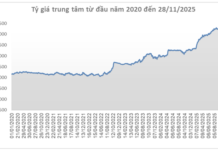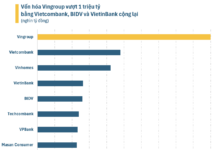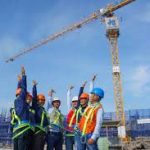It is evident that social housing development is no longer a singular goal or the independent task of any single agency. Instead, it has become an important political task to ensure long-term national welfare and contribute to building a stable and sustainable workforce for Vietnam’s development over the coming decades.
A Comprehensive Plan is Necessary
Currently, there are shortcomings in the thinking about planning social housing development in some localities, including a lack of strategic approach, piecemeal implementation, and a tendency to react to situations.
These limitations not only reduce the effectiveness of social housing projects but also hinder the sustainable development of cities. A short-sighted approach to human development and a lack of direction in upgrading living standards mean that many people in need in social housing areas will struggle to improve their education and achieve stable and sustainable incomes.
Many social housing projects are implemented without a comprehensive, long-term plan and lack synchronization. Instead of having a clear and unified strategy, these social housing projects often aim to meet immediate housing needs without carefully considering their long-term impact.

A social housing project in Thu Duc City, Ho Chi Minh City. Photo: BAO NGOC
In reality, some land plots chosen for social housing construction lack careful consideration regarding investment scale and population size, along with surrounding amenities. Small land areas coupled with disproportionate infrastructure investment can lead to increased implementation time, prolonged schedules, and higher costs for both investors and managing agencies.
Additionally, implementing social housing projects often requires ready-to-build land funds, and some planned locations involve multiple land types, including agricultural land, cemeteries, existing residential areas, and even canals. This prolongs the implementation process due to compensation and clearance issues and may hinder implementation without timely intervention from managing agencies.
In some localities, land planning solutions for social housing projects are not given sufficient importance, partly due to short-term and localized thinking, considering social housing a “burden” in terms of management, not generating revenue from land funds, and requiring coordination between multiple parties. As a result, instead of prioritizing sustainable and long-term locations for essential welfare projects like social housing, these prime locations are often allocated to commercial real estate projects, upscale residential areas, and facilities catering to a select few. This practice drives up land prices, living standards, and social inequality, making life in other areas, especially on the outskirts of cities, increasingly challenging.
Another shortcoming in the thinking about social housing planning in some localities is a lack of long-term vision. Many projects focus solely on meeting short-term needs without considering factors for sustainable development. In parallel, there is a lack of policies and planning for the development of social amenities to meet the needs and ensure the quality of life for the majority.
Looking to the Future
To address the aforementioned shortcomings, it is necessary to change the thinking about social housing planning and aim to build cities that guarantee the welfare of their residents.
Social housing planning should be integrated into a comprehensive and long-term plan for the locality, involving coordination between managing agencies and developers. This ensures that projects are implemented synchronously, effectively, and sustainably to meet the community’s needs.
Additionally, detailed studies on residents’ needs, socio-economic conditions, and infrastructure development potential are necessary to ensure that social housing projects not only meet current demands but also have the potential for expansion and future development. Social housing areas should be planned to facilitate connections with other regions, making it convenient for residents to commute and access basic services.
Social housing projects should focus on human development and enhancing the value system and educational level of residents. This can be achieved by providing vocational training programs, education, and community support services.
For instance, social housing areas can integrate vocational training centers, schools, and other educational institutions to make them easily accessible to residents, thereby improving their skill sets. Simultaneously, financial support programs, career counseling, and other social services should be offered to help residents stabilize their lives and improve their incomes. For resident groups engaged in manual labor or small businesses, especially single mothers or the elderly, dedicated designs and facilities catering to their needs should be included in the planning.
Nearly 48,000 social housing units to be realized by 2024?
The Ministry of Construction has announced that there will be 108 completed social housing projects by 2024, totaling over 47,500 units. Experts predict that with the Government’s policies and the efforts of various ministries, sectors, and localities in promoting social housing construction, it is hoped that the housing supply will recover and lead the market by 2024.











































